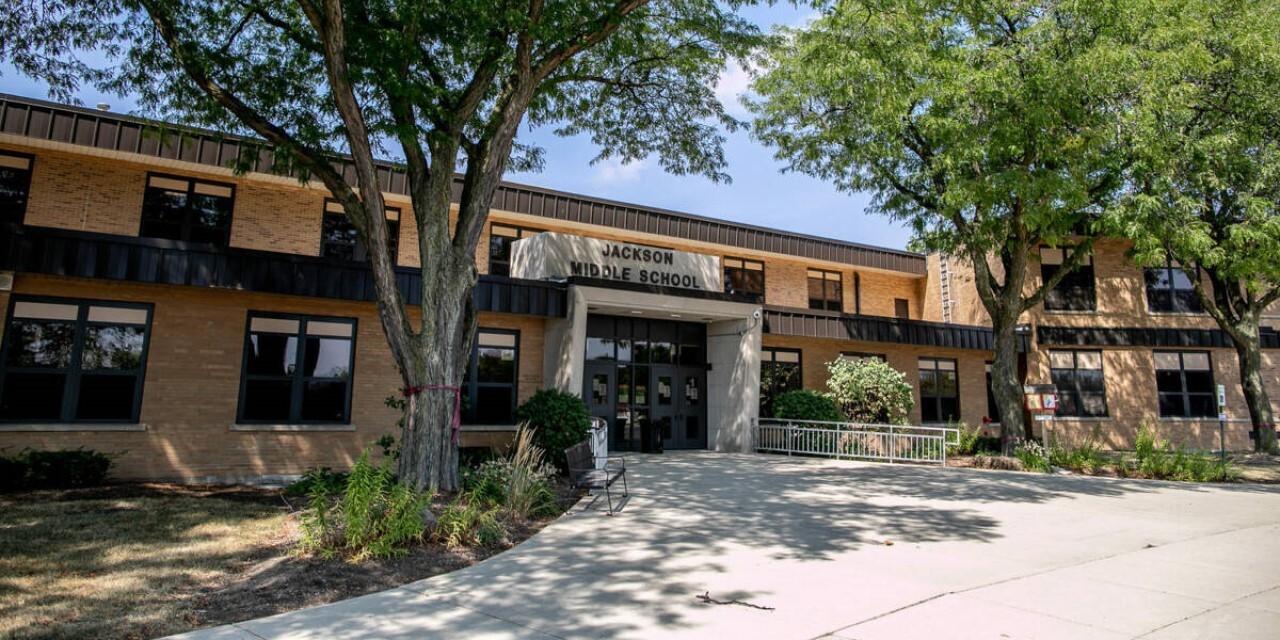A DuPage County judge has ruled a suburban school district illegally restricted public comments at the start of the 2021-2022 academic year, a time when many districts negotiated decisions about student mask mandates, curriculum and other policies.
Erica Militello sued Villa Park School District 45, alleging it violated the Open Meetings Act in August and September 2021 by imposing a deadline to register for live comments and neglecting to read written comments verbatim. In a motion for summary judgment, District 45 argued its policies reflected its legal ability to establish reasonable rules. Militello’s motion for summary judgment sought declaratory and injunctive relief and a fee award.
According to court documents, anyone who wanted to make a comment on the board’s Zoom meetings, which began at 6:30 p.m., had to register their intent via email to the district by 1 p.m. on meeting day. Alternatively, citizens could submit written comments by the same deadline in order for them to be “announced” during the evening meeting.
According to a report published by The Illinois Review, parents sought to comment on District 45's policies concerning continued student mask mandates and concerns over curriculum, having to do with the perceived teaching of concepts associated with Critical Race Theory, and the school's curriculum and policies concerning sex and gender.
District 45 submitted several affidavits supporting its position the deadlines weren’t arbitrary but linked to “staffing and operational needs.” Hayes said a May 2020 letter from the Illinois Attorney General’s Office Public Access Counselor established a 2 p.m. deadline for a 7 p.m. meeting didn’t violate open meetings laws absent evidence the policy cost someone an opportunity to participate. She further said the letter showed time spent preparing and distributing private Zoom links is a reasonable security measure and agreed District 45’s 1 p.m. deadline was compliant.
However, Hayes further noted Militello’s allegations that “no written comment was read aloud during the meetings nor was a verbatim copy of the comments affixed to the meeting minutes. Instead, during the meeting, the written comments were briefly ‘summarized’ by reading the commenter's first name, their last name or initial and a topic description of their comment.”
The district again argued its compliance and said there were several justifiable considerations for the summaries, such as the time involved in reading, concern about perception board members were endorsing some ideas “and forcing a board member or district employee to repeat profanity or other objectionable content,” Hayes wrote.
That reasoning, Hayes continued, didn’t sufficiently demonstrate reasonable policies under the Open Meetings Act. She said the district claimed it changed how it handled submitted written comments after an incident at its Aug. 3 meeting, but “the record indicates the Aug. 3 meeting and the altercation which took place was a result of live public comments, not written comments.”
Furthermore, she said, the board’s existing rules limiting speaker time could’ve addressed concerns about meeting length, said none of the written comments in question “were unreasonably long” and contained no profanities or otherwise objectionable language, and added the summaries didn’t give adequate information about comments’ substance.
“Concern over the perception that the board is endorsing a comment solely by reading the comment aloud during the public comment portion of the meeting is illogical and does not justify a refusal to read the comment, especially after attributing it to the author,” Hayes continued. “If that was a legitimate concern, the PAC would not endorse and encourage the reading of written comments.”
Had the board read the comments verbatim or published them with minutes, Hayes said, the district likely could’ve shown compliance. While both sides agreed the 1 p.m. deadline wasn’t based on content, Hayes agreed with the district’s take that its process for written comments also treated them all equally.
Although she granted partial summary judgment to Militello, Hayes wouldn’t issue an injunction striking the 1 p.m. deadline and requiring verbatim memorialization of written comments, saying such an action would ignore “the public body's ability to establish its own rules and regulations regarding opportunities for members of the public to address the board.”
Hayes reserved a ruling on Miltello’s request for reimbursement of her legal fees, ordering both sides to file briefs by Nov. 4 to argue whether she “substantially prevailed” under the Open Meetings Act sch that a fee award would be appropriate.
Militello was represented in the case by attorneys Dan Szczesney and Timothy Elliott, of the firm of Rathje Woodward, of Wheaton.
The legal conflict over public comments marks only one of the district's court fights with parents of students in the district, and perceived disregard of parents' rights and concerns.
District 45 is also defending itself against a lawsuit from a student’s father, a Florida man who accused Jackson Middle School officials of illegally conspiring with his ex-wife to help their 12-year-old transition from male to female. In arguing for that case to be dismissed, the district told a federal judge the father’s constitutional parental rights fall short compared to its alleged legal obligations to support the child’s chosen gender expression and protect the child’s privacy.
That case remains pending in Chicago federal court.
